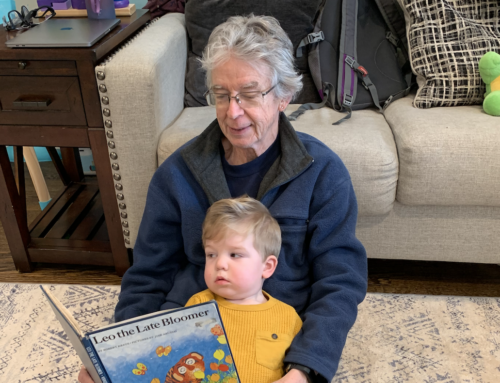 NOTE: I know I just started the Visionary Writers Bloginar this week, and already I see I didn’t factor in what to do when breaking news happens, or when I just get an idea I really want to share about? Well, I’ll try to keep these ‘we break into your regular program for this special report’ moments to a minimum but here’s one I can’t pass up about a true visionary author.
NOTE: I know I just started the Visionary Writers Bloginar this week, and already I see I didn’t factor in what to do when breaking news happens, or when I just get an idea I really want to share about? Well, I’ll try to keep these ‘we break into your regular program for this special report’ moments to a minimum but here’s one I can’t pass up about a true visionary author.
For those have followed visionary writing in the form of science fiction and fantasy, Philip K. Dick is legendary. He’s also a perfect example how some visions take longer to materialize. Case in point, this was recently made public via Courthouse News Service:
Heirs of science-fiction writer Philip K. Dick claim the writers, producers and distributors of the movie “The Adjustment Bureau” cheated them of millions of dollars in royalties.
The movie, released this year and based on Dick’s story, “Adjustment Team,” grossed $128 million at the box office and cost just $62 million to make, and has brought in another $10 million from DVD sales, according to the complaint.
Now, there are several different reactions you might have to this news report, but here’s a few points that I came away with when I looked beyond the legal case itself, like:
Since Dick died in 1982, 10 of his stories have been made into feature films, including “The Adjustment Bureau,” “Blade Runner,” and “Minority Report.” Dick’s short story, “Adjustment Team” was published in Orbit Science Fiction magazine in 1954.
Did you catch that? Dick’s story that was turned into a movie in 2011 and grossed $128 million was originally written in 1954 – when I was 5 years old — that’s 57 years after it was published. And here I was thinking that science fiction stories have a short ‘shelf life.’ I’ve been concerned that my soon to be published Seeds of New Birth took me twenty years to publish. Not anymore.
And did you notice that “The Adjustment Bureau” is one of ten stories by Dick that have been made into feature films? So, maybe as a visionary writer you’re not writing for yourself as much as you’re writing for your children, or grandchildren or great…well you get my point.






Leave A Comment